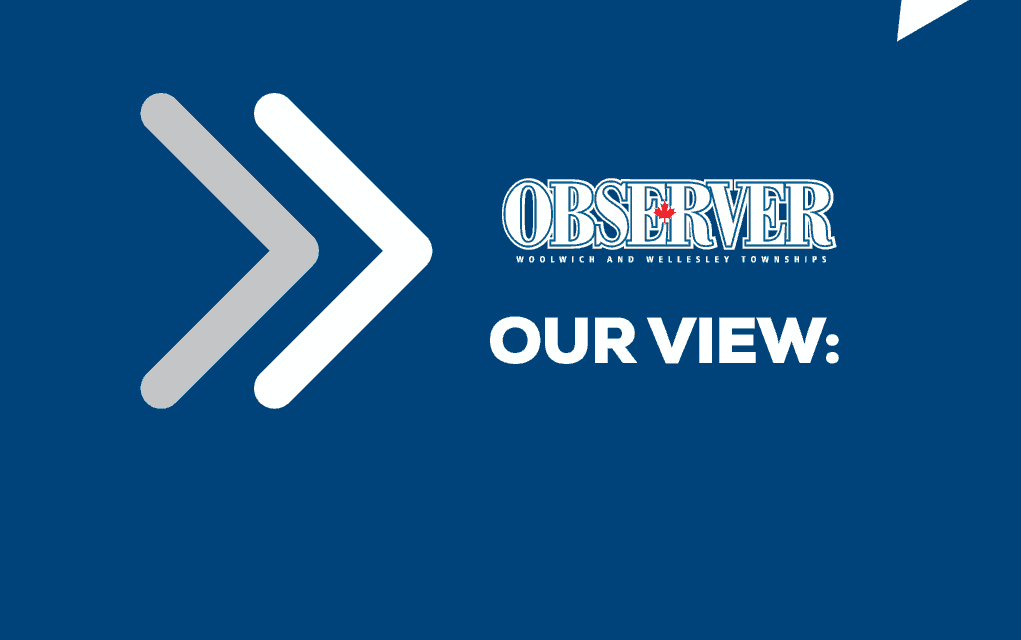;
;
;
Next Article
Lefcourtland March 15 2018

The social media blitz officials are using to quell would-be partiers around Waterloo’s universities come St. Patrick’s Day – warnings about repercussions likely to be more useful than any attempts to convince students partying isn’t cool – will undoubtedly be used against any who do take part in th
Last updated on May 03, 23
Posted on Mar 15, 18
4 min read
